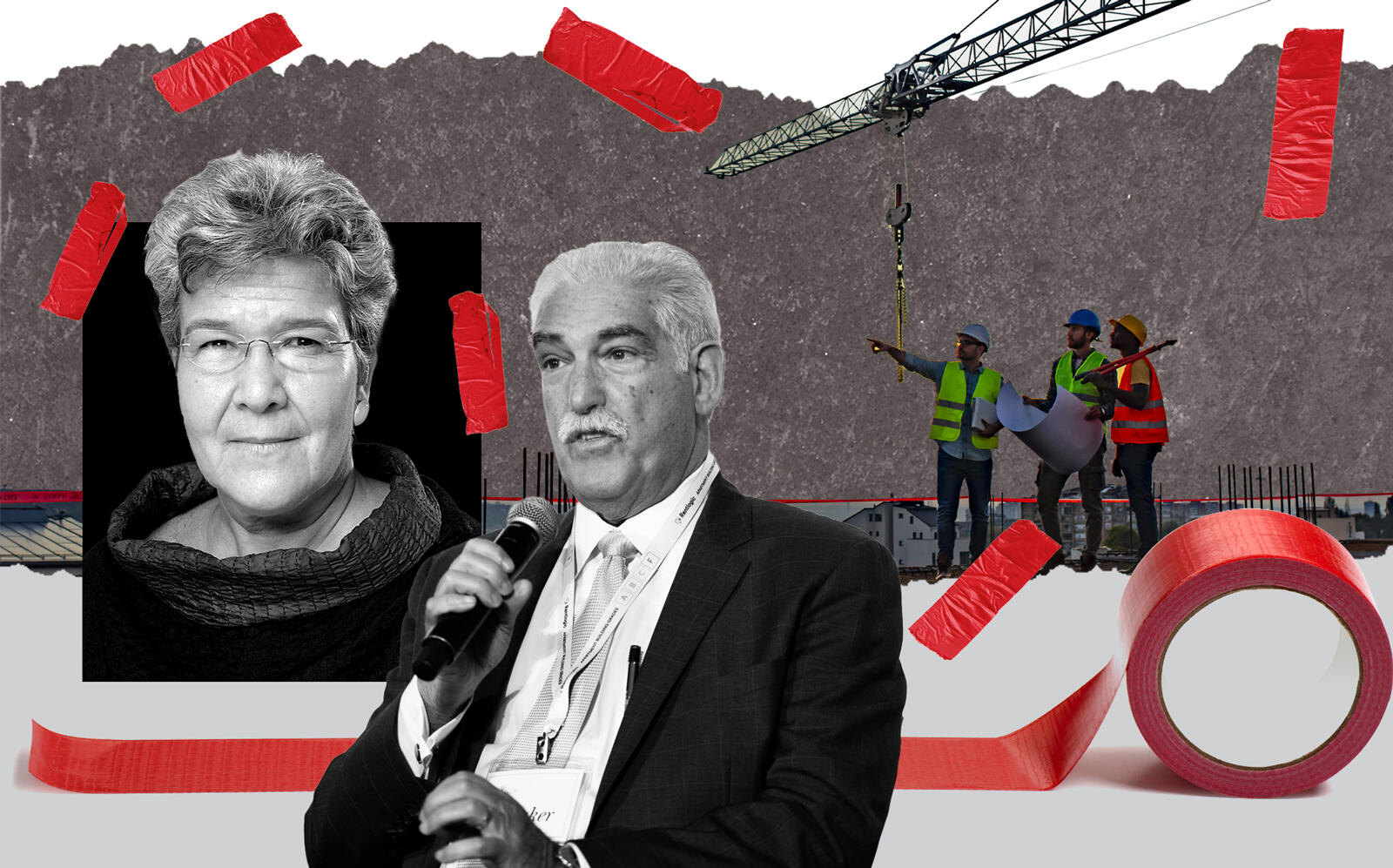Trending
City bill would force general contractors to get licensed
Detractor criticized city’s “one-size-fits-all” approach

Construction companies may soon face additional hurdles to work in the city.
A new City Council bill would create a new licensing program for all general contractors, shifting away from a system that only requires them to register with the Department of Buildings.
To obtain a license, contractors would need to submit the same information needed for registration — including the names of major owners of the company, and proof that the firm is financially solvent and in “good standing” — but would also be required to demonstrate safety training and industry experience.
The new requirements would include 62 hours of training for applicants to receive a “Site Safety Training Supervisor Card.” Applicants would also need either a bachelor’s degree in construction management or related field; at least five years of experience in the industry; or they must be a licensed engineer or architect.
Under the proposed rules, the general contracting company would need to have one designee — an officer, member or shareholder who owns at least 10 percent of the firm — who files building permits on the general contractor’s behalf. Crucially, the designee is considered responsible for all work performed by the general contractor and by the subcontractors it hires.
Public Advocate Jumaane Williams is listed as the bill’s sponsor, but the de Blasio administration requested that it be introduced. It has the backing of some construction labor groups but is already facing opposition from contractors.
Louis Coletti, CEO and president of the Building Trades Employers’ Association, which represents general contractors, called the measure a “shortcut” that seeks to hold one person or company responsible for an injury or fatality on a site.
He said the city should take a more targeted approach by focusing on companies and types of projects that have proven hazardous over the years, which he identified as largely nonunion and small-scale buildings.
“The approach they have taken is one-size-fits-all,” he said. “That proposal would limit all general contractors, irrespective of the size of the project.”
If the bill passes, companies that have active general contractor and safety registrations will automatically be considered licensed, but only until their current registration expires. Such terms, as with the proposed licenses, last three years. After that, the companies would need to apply for renewal.
Another provision in the measure seeks to address a perennial problem: construction companies that are disciplined or otherwise identified as bad actors only to come back under a new name or brand. The bill bars general contractors from changing a name, business structure or point of contact without first notifying the department.
In a statement, Gary LaBarbera, who heads the state and city chapters of the Building and Construction Trades Council, called the measure, along with other construction safety bills introduced on Thursday, “encouraging.”
Brian Sampson, president of the state’s chapter of the Associated Builders and Contractors, a nonunion construction group, commended the city for continuing its commitment to “the highest standards for licensed professionals and safety practices in the construction industry.”
The bill also requires general contractors to provide a plan for reducing the rate of hazardous violations on a site, upon request from the Department of Buildings.
If approved, the new rules would kick in three years after the measure becomes law. It’s the latest effort by the de Blasio administration to ramp up safety on construction sites. A 2017 law mandated that construction workers undergo 40 hours of safety training. The deadline for meeting that requirement was in March.




